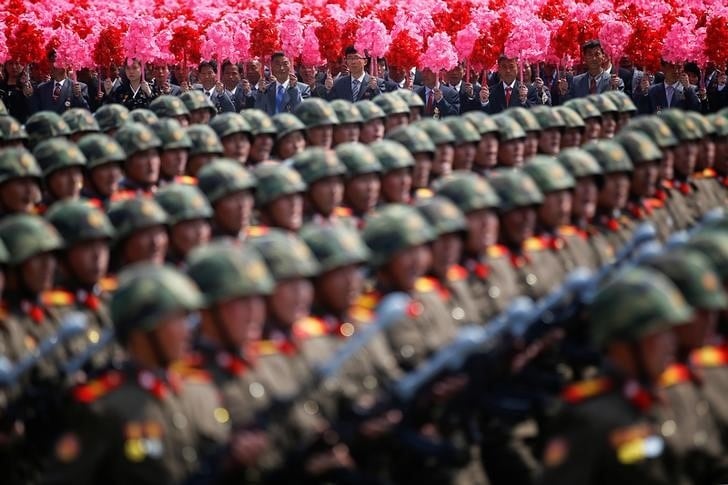A recent survey conducted for The New York Times shows a correlation between American attitudes toward North Korea and respondent's ability to identify the country on a map.
Results of the survey were released following a ballistic missile test by North Korea on Sunday in which the missile reached high altitudes before landing in the Sea of Japan.
The survey of 1,746 American adults was conducted for the Times by Kyle Dropp of the research firm Morning Consult from April 27-29. Only 36 percent of respondents correctly located North Korea on a map.
In addition to the mapping, respondents were asked about which policies they believe the U.S. should take on regarding North Korea. Their responses deviated based largely upon whether or not they could identify the country’s location.
Respondents who could identify the country largely supported diplomatic and non-military strategies verses those who could not locate it. While a majority of both groups did not support direct military action, significantly more respondents who could not locate North Korea supported sending in ground troops. That same group was also much more likely to disapprove of the U.S. doing nothing with North Korea than the group that could identify its location. The diplomatic and non-military strategies largely supported by those who could locate North Korea included imposing further economic sanctions, increasing pressure on China to influence North Korea and conducting cyber attacks against military targets.
Vietnam, Myanmar, Japan, Laos, Mongolia, Kazakhstan and Afghanistan were among the countries incorrectly identified as North Korea.





